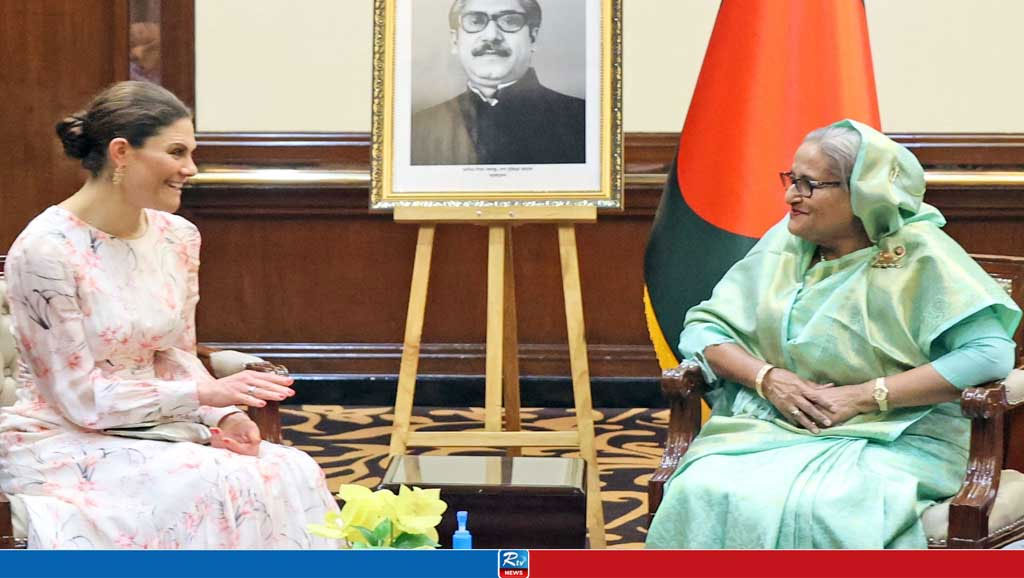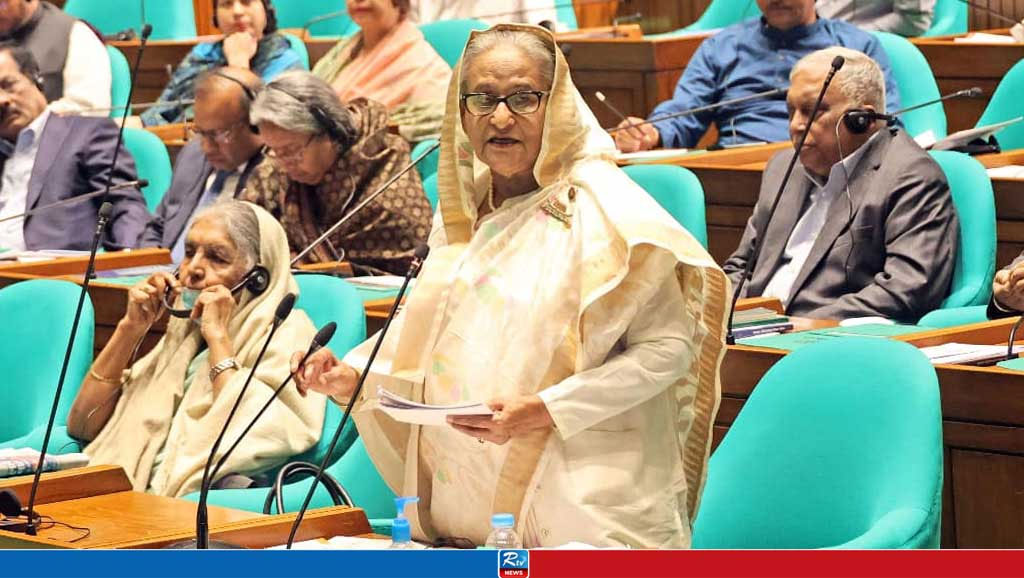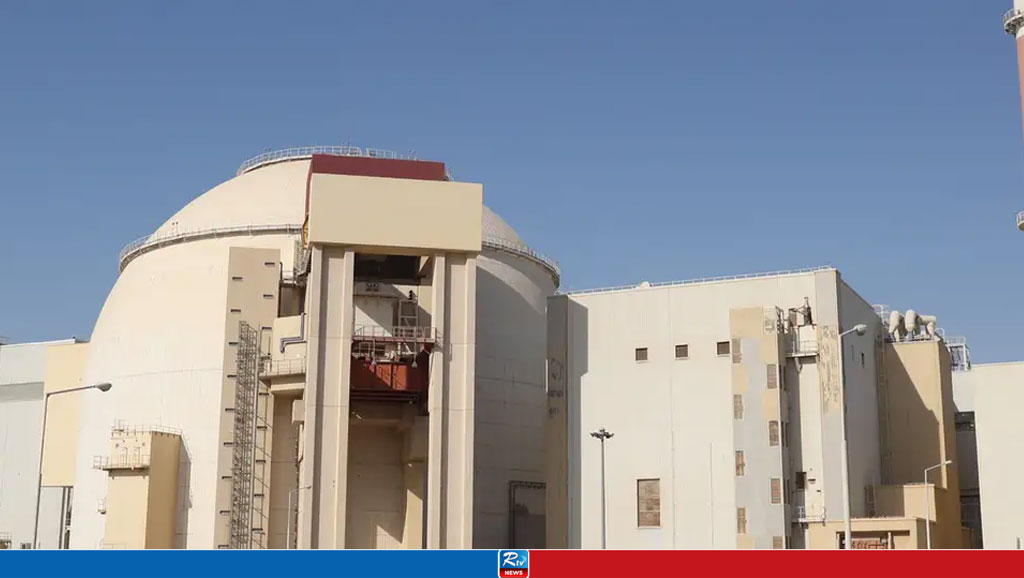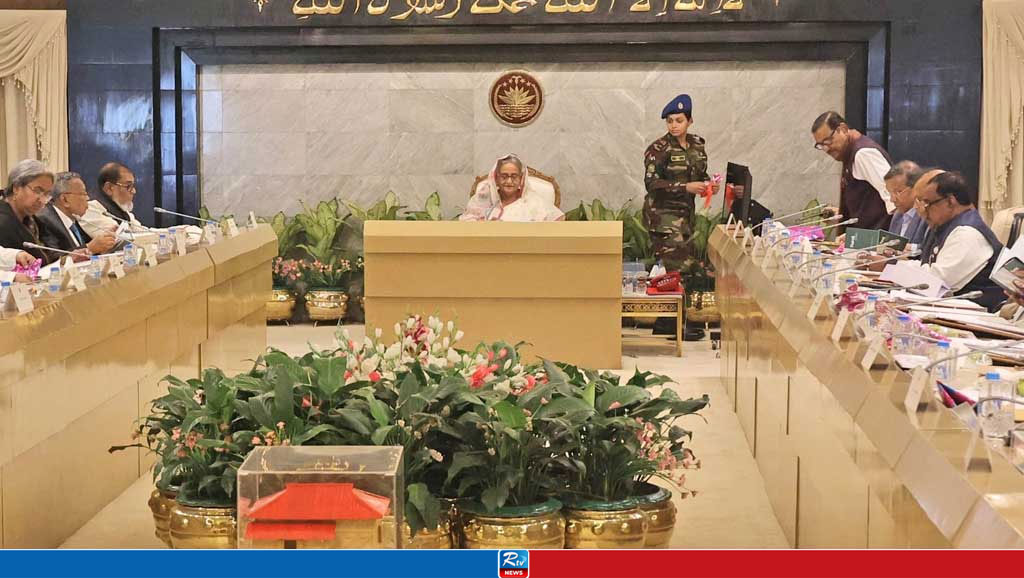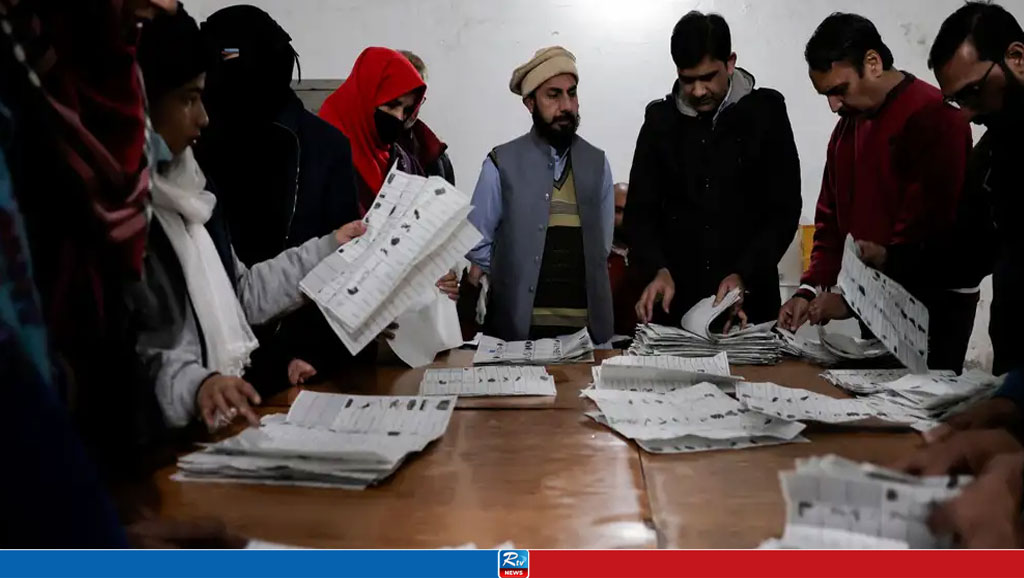South Korea party urges mandatory military service for women
A new conservative political party is looking to tap into discontent among men who say it is unfair that they have to put in 18 months of military service when women are not obliged to serve.
A new conservative party set up in South Korea ahead of the general election in April has provoked debate about the future of the nation's military by calling for women to complete compulsory military service if they want to subsequently take up careers in the police, fire brigade or the corrections service.
At present, all able-bodied Korean men are required to serve at least 18 months in one of the branches of the nation's armed forces, but all female members of the military are volunteers.
That policy has been sustainable for the armed forces until now but — faced with a shrinking population — it will soon be unsustainable for national defense, the leaders of the New Choice Party said recently as they began their election campaign.
Announcing the party's platform in late January, joint-founders Keum Tae-sup and Ryu Ho-jeong said requiring women to complete the same mandatory service would help to solve gender conflicts in Korean society as well as bolster the nation's armed forces.
Imbalance in North-South forces
At present, approximately 360,000 men and women serve in the South Korean ground forces, facing the 1.1-million-strong North Korean army across the heavily fortified border.
As the South's birthrate continues to decline, however, it is anticipated that its army will have a pool of 290,000 service personnel to call on in a decade and just 190,000 in 20 years from now. North Korea, however, will still have a standing army of more than 1 million men and women.
"Gender is a heated topic in South Korea at the moment, especially as we get closer to the election," said Kim Seong-kyung, a professor at the University of North Korean Studies in Seoul.
"In the last general election, the threat posed by North Korea was high up on the agenda and won or lost votes for parties, but we also saw women increasingly gaining a voice and the spread of feminism in Korean society as women spoke out against cyber-bullying because of their gender and other similar issues," she told DW.
"But when young women raised their voices and we saw the MeToo movement here, young men reacted against that," she said. "These are the young men who feel that the nation's patriarchal system no longer exists, that their lives are really difficult, that only they have responsibility, and a sense of anger that only men have to serve in the military."
Targeting dissatisfied men
That resentment towards women has manifested itself in the emergence of a populist conservative party that is unabashedly targeting dissatisfied 20- and 30-year-old males. Another New Choice Party policy that is proving successful is the proposal to scrap the scheme that allows pensioners to travel free on Seoul's subway system, which the party is portraying as adding to the burden on working men.
Han Ye-jung, a lawyer in Seoul, is strongly opposed to the party's proposals.
"They say they are doing it to guarantee gender equality? That's not good enough," she said.
"This is a male-dominated society, where men are the priority and enjoy all the privileges simply because they are men," she said. "For me, the price that they have to pay for that privilege is the time they have to serve in the military."
Han believes that military service should remain optional for women and there should be no link between mandatory service and future job opportunities in other public sector jobs, but she stressed that the issue will not need to be addressed imminently.
"That party will not win many votes in the election in April because they just do not have enough support for their policies, which is not surprising as they are doing nothing to appeal to female voters," she said.
Alternative solutions
Some analysts have put forward alternative solutions to the problem of a dwindling population in a country facing a belligerent and unpredictable neighbor, including longer periods of conscription and increased integration of technology into the armed forces, but both have drawbacks.
Men are unlikely to want to serve even longer in the armed forces, while technology is expensive and far from infallible, while existing systems still require human oversight.
Neither of South Korea's two main parties — the ruling People Power Party of President Yoon Suk-yeol, and the main opposition Democratic Party — has made commitments on women compulsorily serving in the armed forces.
And the Defense Ministry this week said it was not drawing up plans to introduce female conscription.
Kim agrees that the New Choice Party is a fringe political group that is unlikely to attract sufficient votes to give it a voice in the new parliament, although the issues facing the armed forces that it has raised will need to be addressed sooner or later.
"There are simply not enough people in South Korea at a time when tensions with North Korea are worsening," she said. "This is the reality and we also need to reflect changing mindsets among the younger generations. We need to have the discussion on whether women should also serve in the military and the issue is going to become even more heated in the next couple of years."
09 Feb 2024,11:11





















 Live Tv
Live Tv

